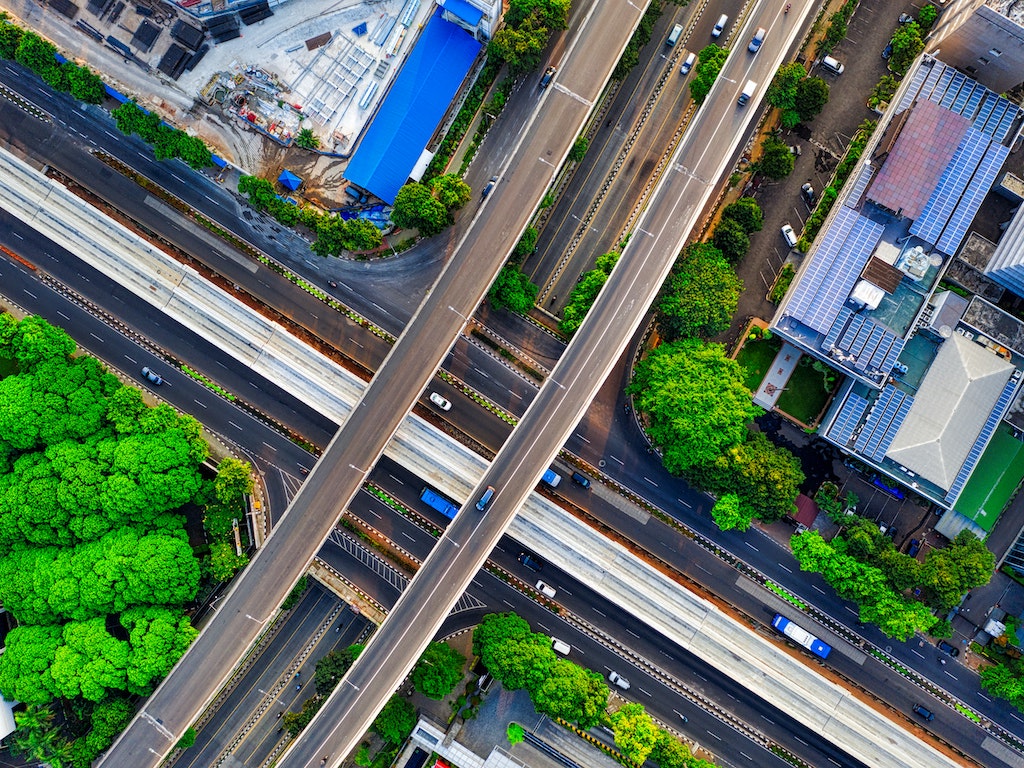3 Mins Read
In a virtual meeting on Thursday (May 28), a number of government and legislative figures in Indonesia said that the country must rebuild from the coronavirus using the United Nations Sustainable Development Goals (SDGs) as a framework.
During the conference, Agustaviano Sofjan, a director at the Foreign Ministry, detailed how sustainable development had been set back due to the pandemic, and that it is becoming increasingly unlikely for Indonesia to achieve the 17 Global Goals by 2030. Even before the pandemic hit, Asia-Pacific countries had been severely lagging behind in progress, and in some cases even regressed on some targets.
While acknowledging the net positive impact on the environment due to the significant reduction in economic and industrial activities, Sofjan warned that “this is just temporary”.
To ensure that the country gets back on track to grow sustainably and bolster its resilience to any future crises – whether health or climate related – Sofjan along with a number of other leaders in the country pressed for greater prioritisation of environmental efforts in the rebuilding process.
Lawmaker Dyah Roro Esti Widya Putri argued that environmental challenges would emerge once coronavirus restrictions are lifted if no changes are made.
“After the outbreak ends, the demand for energy will drastically increase. Indonesia should begin to roll out its plan on sustainable development,” she said.
The United Nations Development Programme (UNDP) country director for Indonesia, Christophe Bahuet, agreed, and highlighted the usefulness of the SDGs as a framework for Indonesia’s recovery plan.
“The pandemic and the ‘new normal’ should make the SDGs more important,” said Bahuet.
Earlier in May, the CEOs of 155 multinationals worth US$2.4 trillion – among them Unilever, H&M and Adobe – signed a joint statement to urge governments all over the world to align their recovery efforts with climate science and called for net-zero emissions to be at the heart of all coronavirus rebuilding packages.
For many business leaders and top scientists in the world, the coronavirus outbreak represented a huge wake-up call about the fragility of the current global economic system that is unsustainable. A recent warning from the leading biodiversity experts said that the world must put an end to the destruction of nature if we are to have a chance at avoiding deadlier and more frequent pandemics and climate-related disasters.
“It is imperative that we not only restart the world economy – but also reset it. It would be a tragedy if after spending US$10-20 trillion of public money we simply rebuild the same unequal, vulnerable and high carbon economy we had before,” said Dr. Andrew Steer, the president and CEO of the World Resources Institute (WRI) in May.
Some governments have begun to prioritise sustainable development. Amsterdam, for instance, has ditched traditional financial metrics for a new “doughnut” economic model, a system developed by British economist Kate Raworth that ensures environmental sustainability while keeping poverty at bay.
Mayors from cities all over the world also said they will place equality and climate resilience at the forefront of its recovery plan in a joint “statement of principles” under the global collaborative city network C40.
Read our earlier news coverage of Covid-19 here.
Lead image courtesy of Tom Fisk / Pexels.




